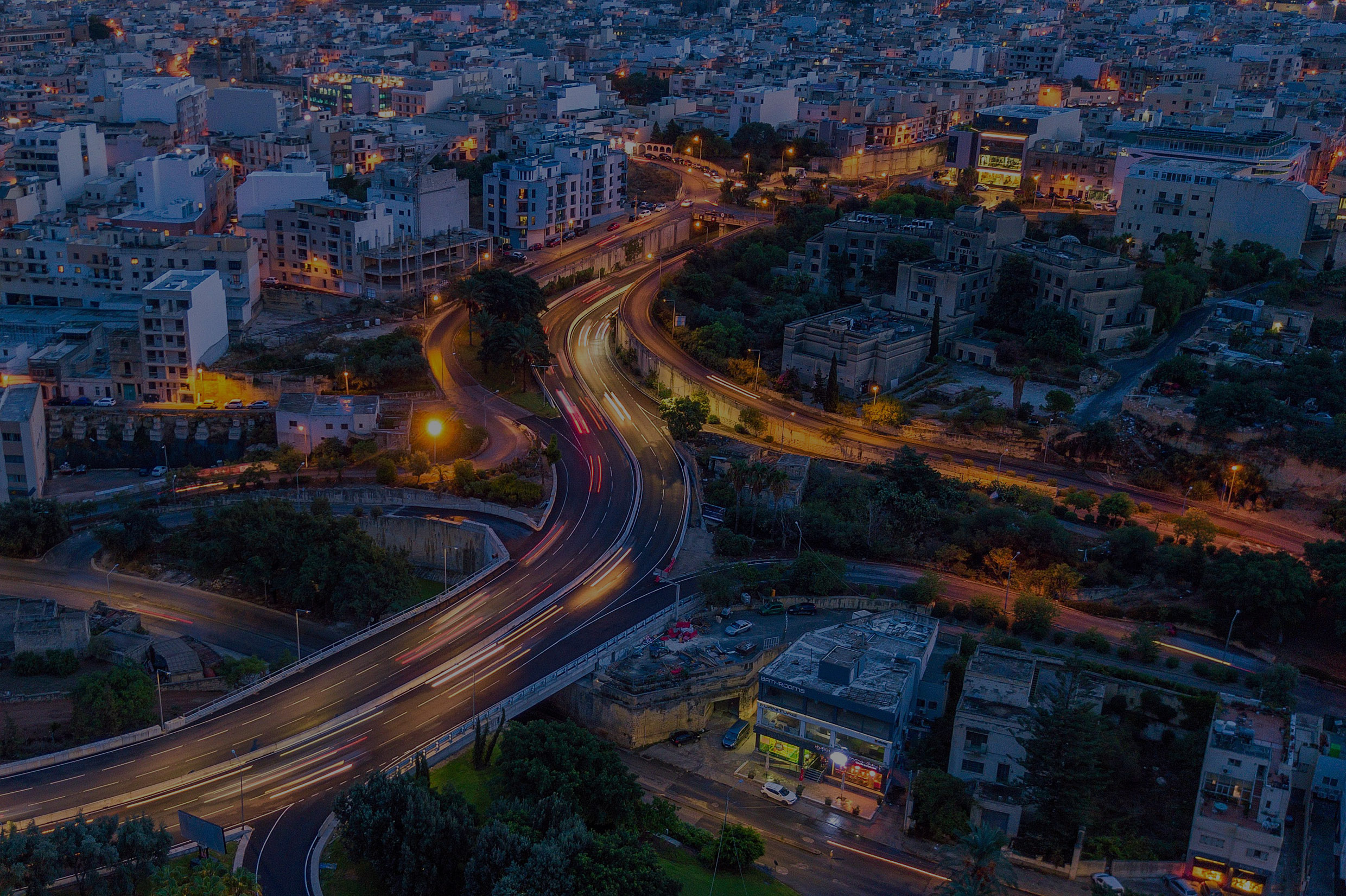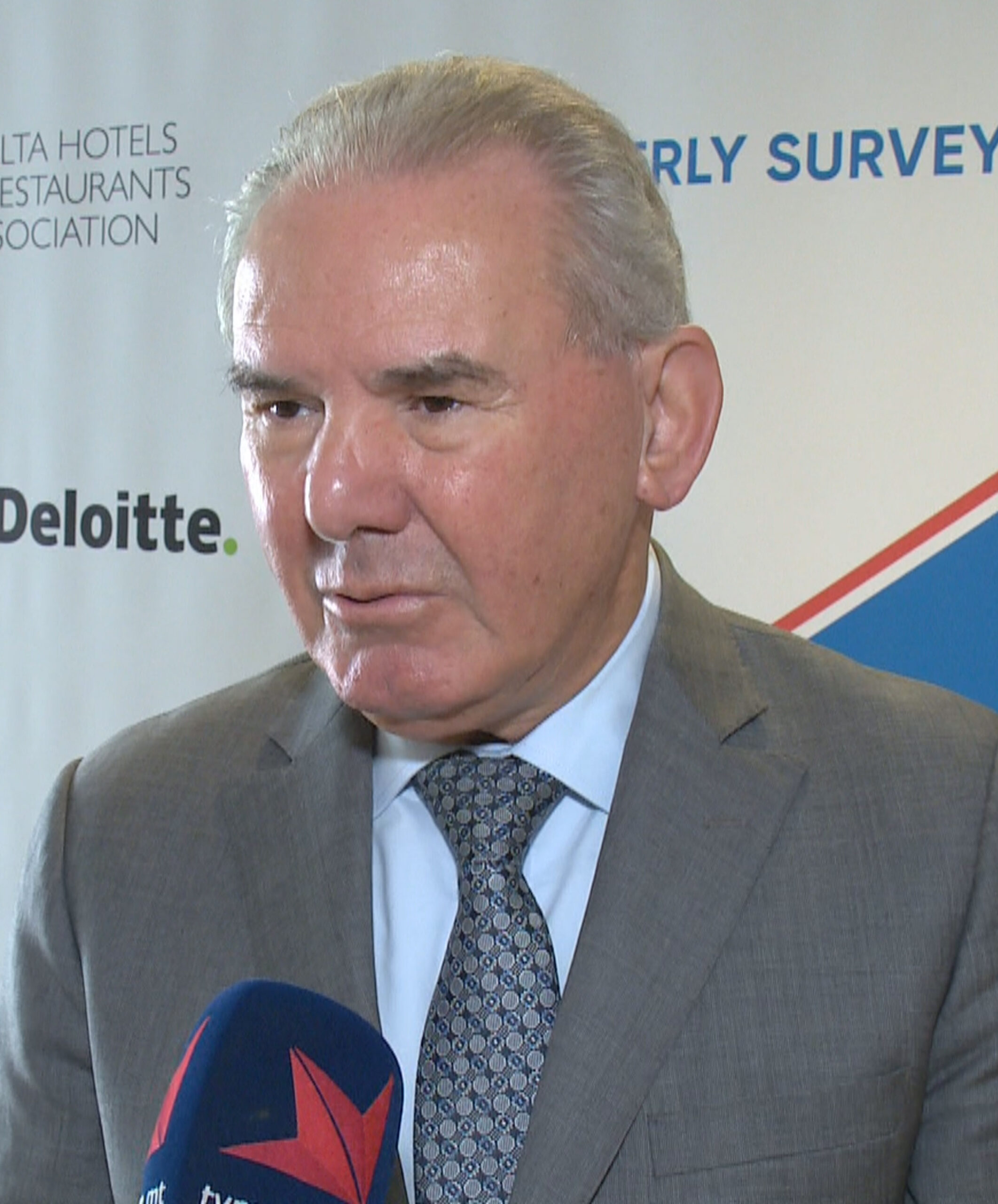
A World of Opportunity for Malta
October 25, 2025

Horeca Wine Reviews
October 18, 2025
Selling Our Gastronomy
October 25, 2025Article written by Tony Zahra, President of the Malta Hotels Restaurants Association.
Malta’s tourism sector stands on the edge of a transformative moment.
At the heart of this vision is a simple but crucial recognition: Malta cannot be everything to everyone. The days when success was measured solely by visitor numbers are behind us. Instead, Malta must manage its tourism marketing mix with precision and purpose, targeting the types of visitors who truly appreciate what this unique island offers and who contribute positively to its economy, environment, and communities.
This is not about restricting tourism but about managing it better - ensuring that growth brings maximum benefits while minimizing the pressures on Malta’s infrastructure, environment, and quality of life for residents.
Managing the marketing mix for real value
MHRA’s pre-budget proposals emphasize the need to refine Malta’s marketing approach - to focus resources on attracting visitor segments that value and respect Malta’s unique character.
By pushing a more selective and experiential strategy, Malta can foster more value-added stays - visitors who spend more meaningfully during their time here, engaging deeply with Malta’s culture, heritage, gastronomy, and authentic experiences. This ensures that the economic and social benefits of tourism are amplified without necessarily increasing the volume or duration of visits.
The crucial role of enforcement
No vision for sustainable tourism can succeed without robust enforcement. MHRA rightly highlights that enforcement plays a central role in protecting Malta’s tourism assets and ensuring fair competition within the industry.
From regulating short-term rentals to maintaining high standards in hospitality and safety, clear enforcement mechanisms provide the backbone for a resilient tourism sector. Enforcement ensures that rules are respected, resources are protected, and visitors receive the quality experience Malta promises.
This regulatory clarity also sends a strong message to investors, operators, and tourists alike that Malta is serious about sustainable growth and quality assurance.
Recognising the Malta Tourism Authority’s leadership
It is important to recognize that the Malta Tourism Authority (MTA) has been playing a significant role in steering the industry towards a better quality and more sustainable tourism model. The MTA’s efforts in strategic marketing, sector development, and international promotion have laid strong foundations for Malta’s repositioning on the global tourism map.
However, the challenges and opportunities ahead require greater synchronization and collaboration among all public agencies involved in tourism and related sectors. From environmental protection bodies and local councils to transport and housing authorities, a common, coordinated approach is essential.
Clear direction from policymakers
Equally important is the call for clear, consistent direction from policymakers. MHRA’s proposals underscore the necessity for the government to articulate a coherent tourism policy framework that balances economic growth with social and environmental sustainability.
The synergy between public and private sectors, guided by transparent policy, is critical to unlocking Malta’s full potential. When government leadership aligns with industry vision, it creates a stable environment for innovation, investment, and responsible growth.
Towards a sustainable and resilient tourism future The pre-budget proposals embody a vision of tourism that is sustainable, experiential, and smart. This means growing the sector in ways that respect Malta’s limits and heritage while enhancing visitor experiences through authentic storytelling and cultural engagement.
It also means embracing technology and datadriven management to improve destination marketing and visitor flow, ensuring that no area is overwhelmed and that opportunities are shared across the islands.
A world of opportunity
“A World of Opportunity for Malta” is more than just a theme - it is a guiding principle for the future. It reminds us that tourism’s value lies not in numbers alone but in the quality of the experiences created, the benefits shared, and the legacy preserved.
By accepting that Malta cannot be everything to everyone, and by pushing a more selective and experiential strategy to manage the marketing mix with greater precision, Malta can cultivate a vibrant, balanced tourism sector that serves both its people and its visitors.
With strong enforcement to uphold standards, recognition of the Malta Tourism Authority’s leadership, and a call for synchronized action from all public agencies, Malta is poised to transform its tourism industry into a model of sustainability and innovation.
This is Malta’s moment to seize the opportunities ahead - building a tourism sector that is not only economically robust but also environmentally responsible and socially inclusive.
The future belongs to those who see beyond volume and focus on value, and MHRA’s proposals lay down the blueprint for that future. Malta has the chance to lead by example, proving that thoughtful, wellmanaged tourism creates a world of opportunity for all.
Malta’s tourism sector stands on the edge of a transformative moment.
The Malta Hotels and Restaurants Association (MHRA), through its recent pre-budget proposals, presents a clear and focused vision for the future - a world of opportunity for Malta that calls for smarter, more sustainable tourism development.
At the heart of this vision is a simple but crucial recognition: Malta cannot be everything to everyone. The days when success was measured solely by visitor numbers are behind us. Instead, Malta must manage its tourism marketing mix with precision and purpose, targeting the types of visitors who truly appreciate what this unique island offers and who contribute positively to its economy, environment, and communities.
This is not about restricting tourism but about managing it better - ensuring that growth brings maximum benefits while minimizing the pressures on Malta’s infrastructure, environment, and quality of life for residents.
Managing the marketing mix for real value
MHRA’s pre-budget proposals emphasize the need to refine Malta’s marketing approach - to focus resources on attracting visitor segments that value and respect Malta’s unique character.
By pushing a more selective and experiential strategy, Malta can foster more value-added stays - visitors who spend more meaningfully during their time here, engaging deeply with Malta’s culture, heritage, gastronomy, and authentic experiences. This ensures that the economic and social benefits of tourism are amplified without necessarily increasing the volume or duration of visits.
The crucial role of enforcement
No vision for sustainable tourism can succeed without robust enforcement. MHRA rightly highlights that enforcement plays a central role in protecting Malta’s tourism assets and ensuring fair competition within the industry.
From regulating short-term rentals to maintaining high standards in hospitality and safety, clear enforcement mechanisms provide the backbone for a resilient tourism sector. Enforcement ensures that rules are respected, resources are protected, and visitors receive the quality experience Malta promises.
This regulatory clarity also sends a strong message to investors, operators, and tourists alike that Malta is serious about sustainable growth and quality assurance.
Recognising the Malta Tourism Authority’s leadership
It is important to recognize that the Malta Tourism Authority (MTA) has been playing a significant role in steering the industry towards a better quality and more sustainable tourism model. The MTA’s efforts in strategic marketing, sector development, and international promotion have laid strong foundations for Malta’s repositioning on the global tourism map.
However, the challenges and opportunities ahead require greater synchronization and collaboration among all public agencies involved in tourism and related sectors. From environmental protection bodies and local councils to transport and housing authorities, a common, coordinated approach is essential.
Clear direction from policymakers
Equally important is the call for clear, consistent direction from policymakers. MHRA’s proposals underscore the necessity for the government to articulate a coherent tourism policy framework that balances economic growth with social and environmental sustainability.
The synergy between public and private sectors, guided by transparent policy, is critical to unlocking Malta’s full potential. When government leadership aligns with industry vision, it creates a stable environment for innovation, investment, and responsible growth.
Towards a sustainable and resilient tourism future The pre-budget proposals embody a vision of tourism that is sustainable, experiential, and smart. This means growing the sector in ways that respect Malta’s limits and heritage while enhancing visitor experiences through authentic storytelling and cultural engagement.
It also means embracing technology and datadriven management to improve destination marketing and visitor flow, ensuring that no area is overwhelmed and that opportunities are shared across the islands.
A world of opportunity
“A World of Opportunity for Malta” is more than just a theme - it is a guiding principle for the future. It reminds us that tourism’s value lies not in numbers alone but in the quality of the experiences created, the benefits shared, and the legacy preserved.
By accepting that Malta cannot be everything to everyone, and by pushing a more selective and experiential strategy to manage the marketing mix with greater precision, Malta can cultivate a vibrant, balanced tourism sector that serves both its people and its visitors.
With strong enforcement to uphold standards, recognition of the Malta Tourism Authority’s leadership, and a call for synchronized action from all public agencies, Malta is poised to transform its tourism industry into a model of sustainability and innovation.
This is Malta’s moment to seize the opportunities ahead - building a tourism sector that is not only economically robust but also environmentally responsible and socially inclusive.
The future belongs to those who see beyond volume and focus on value, and MHRA’s proposals lay down the blueprint for that future. Malta has the chance to lead by example, proving that thoughtful, wellmanaged tourism creates a world of opportunity for all.

As the major Association in the tourism sector, the MHRA represents the interests of its members on several important national policy making bodies, including the board of the Malta Tourism Authority and all its directorates, the Institute of Tourism Studies and the Malta Council for Economic and Social Development.
For more information visit https://mhra.org.mt
Click here to see Horeca Issue 21 online



